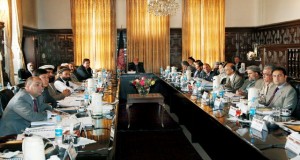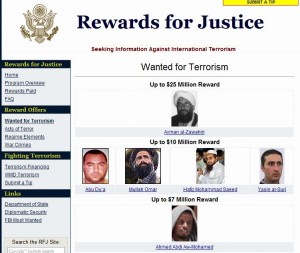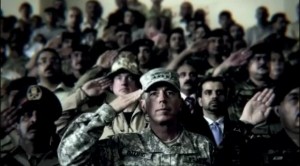You Can’t Spread Justice in an Insecure Country
Back in July, SIGAR noted that $50 million in US funds had been awarded in a sole source contract secured only by a short letter of agreement between the Department of State and the contractor, the International Development Law Organization, known as IDLO. That contract was for one of three programs that are administered by State’s Bureau of International Narcotics and Law Enforcement Affairs (INL) under the overall program called the Justice Sector Support Program, JSSP. IDLO’s contract covers Regional Justice Sector Training. PAE, which previously had been the contractor for all of JSSP, retains responsibility for the other two programs, a Case Management System and Institutional/Administrative Capacity Building. Over $200 million has been invested by INL for JSSP.
In an audit released today (pdf) SIGAR found that the contract with PAE is limited in how PAE’s performance can be assessed and whether the goals of JSSP are being achieved.
There is a much larger overall problem, though, and it is in how this program, like all of the rest of US plans for Afghanistan, was scuttled by the abject failure of the military to bring peace to Afghanistan. Note that the original plan was for the justice program to spread throughout Afghanistan. But the abject failure of the military to stabilize the country means that this program only was able to address small portions of the country:
Specifically, under the May 2011 statement of work agreed to between INL and PAE, the case management system was supposed to be completed nationwide by May 2012. However, geographic, logistical, and other challenges prevented PAE from expanding the electronic, internet-based case management system beyond 7 of 34 of Afghanistan’s provinces. As a result, INL modified the contract by replacing the requirement for a nationwide system with one that required implementation in only the seven provinces where it had already been installed.
So a portion of the program meant for all of the country wound up being operational in only 7 out of 34 provinces because of many failures, but I suspect that the indirect language in this section is meant to gloss over security failures being the main reason for restricting the reach of the program. I see no evidence that the budget for this portion of the program was cut to reflect the smaller size, so I wonder if PAE merely got to pocket what they would have spent expanding to the missing 27 provinces.
As noted back in July, the transfer of a portion of JSSP to IDLO was suspect. Today’s audit doesn’t reduce the concerns about IDLO: Read more →




